The interview stage is by far the most important part of the hiring process; it gives a candidate the chance to present their qualifications, skills and experience with their potential employer.
In this article, I will talk you through 5 common interview mistakes and how they can be easily avoided. Hopefully, this will provide a better understanding of interview etiquette, giving you the best chance of success.
1. Don’t be late – this may seem like an obvious one, but it happens more often than you’d think. Make sure you check your route the day before and give yourself ample time to get there. I would suggest leaving 20 minutes before necessary, that way you’ll have enough time to think of a plan b if the train you were planning on catching is cancelled.
If your interview is online, make sure you are online and ready 5 minutes before, with everything you need in front of you (water, pen, paper etc.). Being on time shows the interviewer that you are punctual and value their time.
2. Fail to prepare, prepare to fail – If a candidate is interested in a role, the likelihood is that they will know at least some basic information about the company and the job they are interviewing for.
Always research the business beforehand (what they do as a business, why they do it, their values, projects they are working on) and remember a few interesting points or facts that you can refer to during the interview. This shows that a candidate is genuinely excited about an opportunity.
3. Answering direct questions hypothetically – Rather than providing specific examples, candidates tend to speak in terms of what they would do rather than what they have done. This often comes from not listening to the question properly.
A great way to overcome this issue, is to answer questions using the STAR approach (situation, task, action, and result). Using a guide like this one will help you to prepare.
4. Talking too much – Interviews should be a conversation, neither the interviewee nor the interviewer should talk too much. Generally, the interviewer should lead the conversation and ask you questions, don’t feel like you need to fill the silence. Try to summarise your answers and stick to the facts, rather than going off on tangents that aren’t relevant.
5. Not asking questions – Turning up to an interview with no questions can be perceived by the interviewer as a lack of interest in the role/company. Always prepare questions before your interview. Questions around the culture, current projects they are working on, the future of the company and career development are all good topics and show you are genuinely interested in the opportunity. I would avoid asking about salary at the first interview.
The post How Can You Avoid These 5 Interview Mistakes? first appeared on Capstone.
RECENT POSTS



CATEGORIES
LEAVE A REPLY
Your email address will not be published. Required fields are marked *





